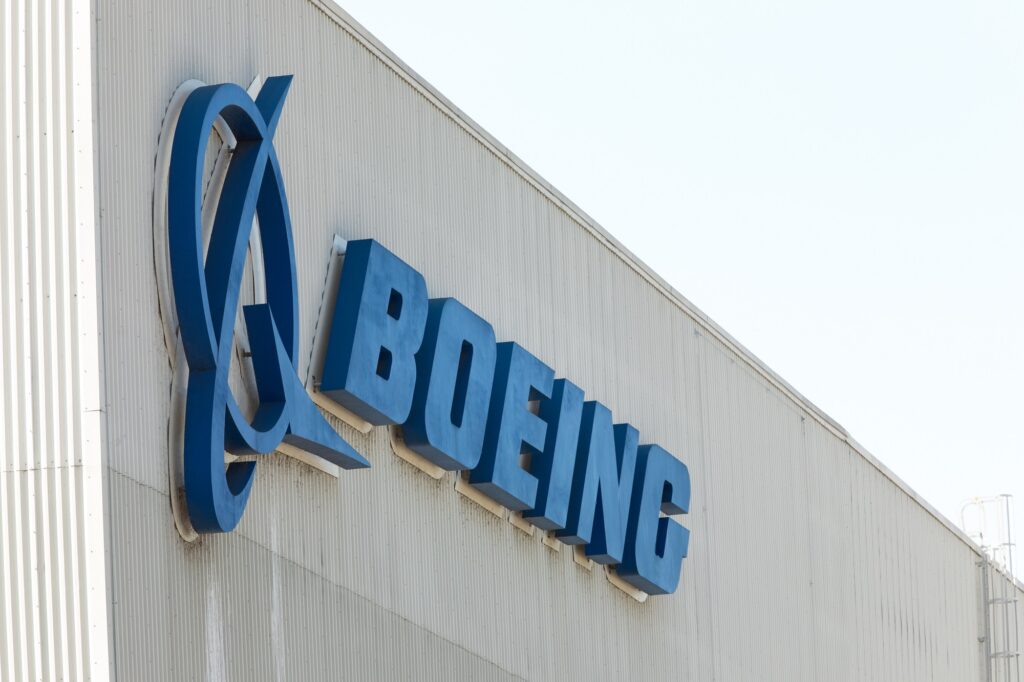Boeing has initiated a lockout of more than a hundred firefighters from its private force responsible for safeguarding aircraft manufacturing facilities in Seattle, US. The action followed unsuccessful negotiations between the aircraft manufacturer and the firefighters’ union regarding salary disputes.
On May 4, 2024, Boeing confirmed it locked out approximately 125 firefighters as well as its facility located around 170 miles (275 kilometers) from Washington. The plane maker said it had successfully activated its contingency plan with other skilled firefighters have taken over the responsibilities previously held by union members.
“Despite extensive discussions through an impartial federal mediator, we did not reach an agreement with the union. […] We have now locked out members of the bargaining unit and fully implemented our contingency plan with highly qualified firefighters performing the work of (union) members,” Boeing statement reads.
The manufacturer also confirmed that the lockout would not affect its operational activities.
The International Association of Firefighters union, which represents the interests of the locked-out personnel, issued a statement, first seen by the Associated Press, alleging that the lockout aims to “punish, intimidate, and pressure firefighters into accepting a contract that undervalues their contributions.”
“Putting corporate greed over safety, Boeing has decided to lockout our members and the safety of the Washington facilities has been needlessly put at risk,” the statement reads.
The labor disagreement between Boeing and the International Association of Firefighters union has been ongoing for close to three months.
The most recent offer from the union includes annual wage increases and proposes a new compensation framework for firefighters working on a 24-hour shift schedule, which would lead to an average yearly wage rise of approximately $21,000. In the meantime, according to the union, even with Boeing’s proposed pay raise, firefighters would still earn between 20% and 30% less compared to firefighters in the cities where Boeing aircraft manufacturing plants are located.
Another area of disagreement between the parties is Boeing’s proposal to extend the time it takes for firefighters to reach the top pay scale from the previously set 14 years to 19 years, while the union is advocating for a five-year waiting period.


